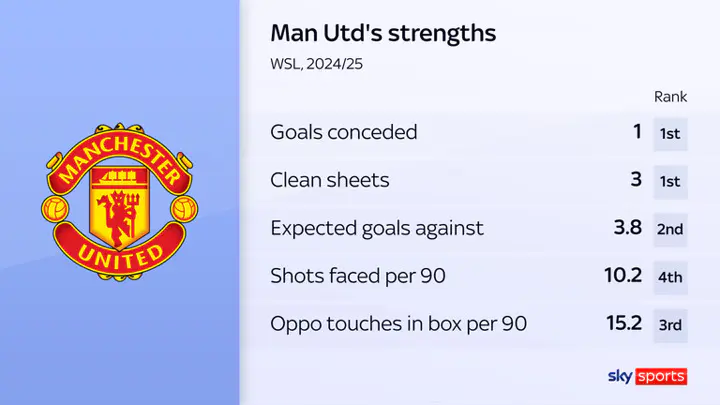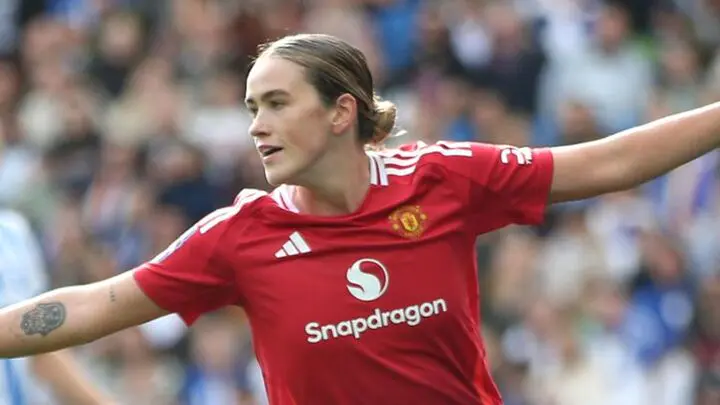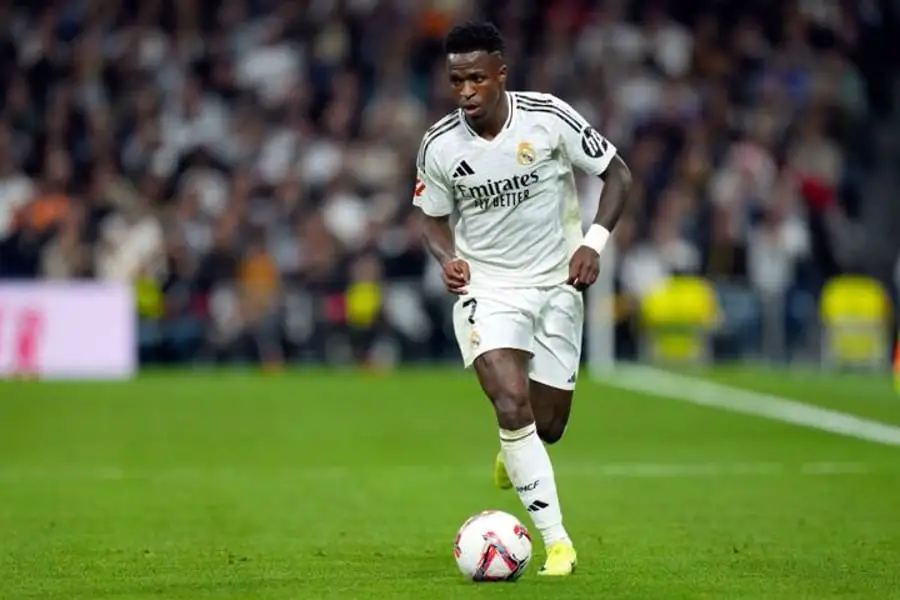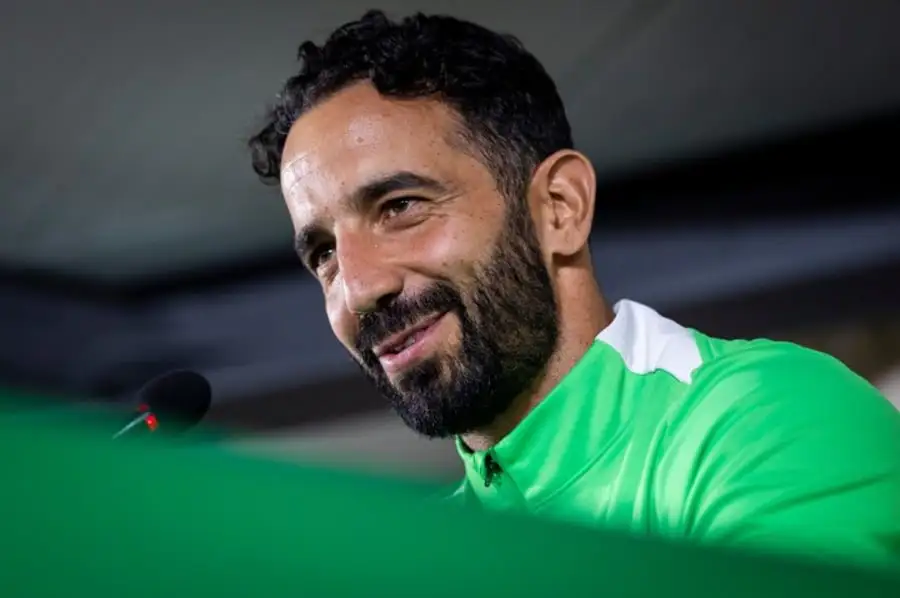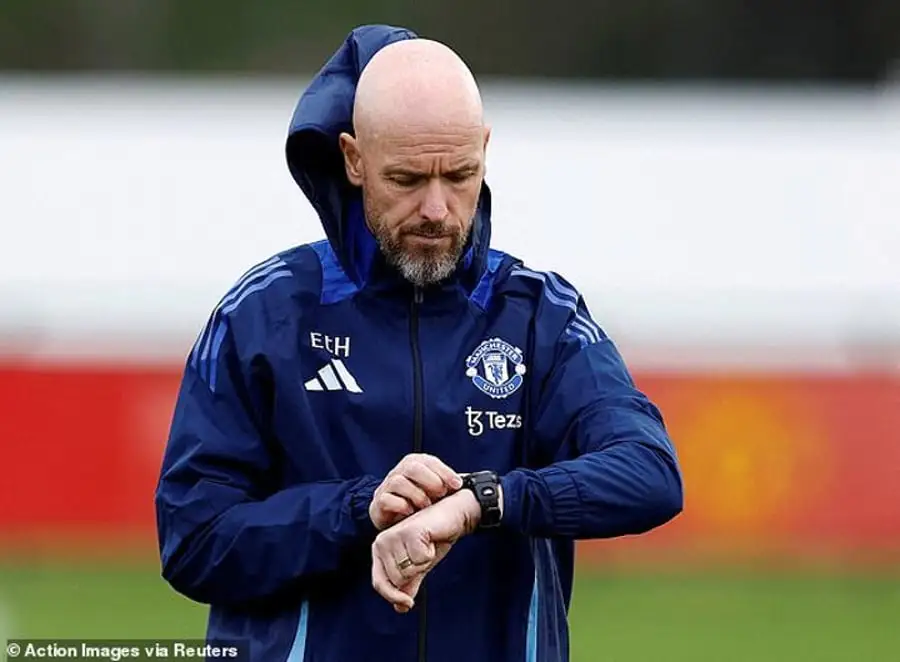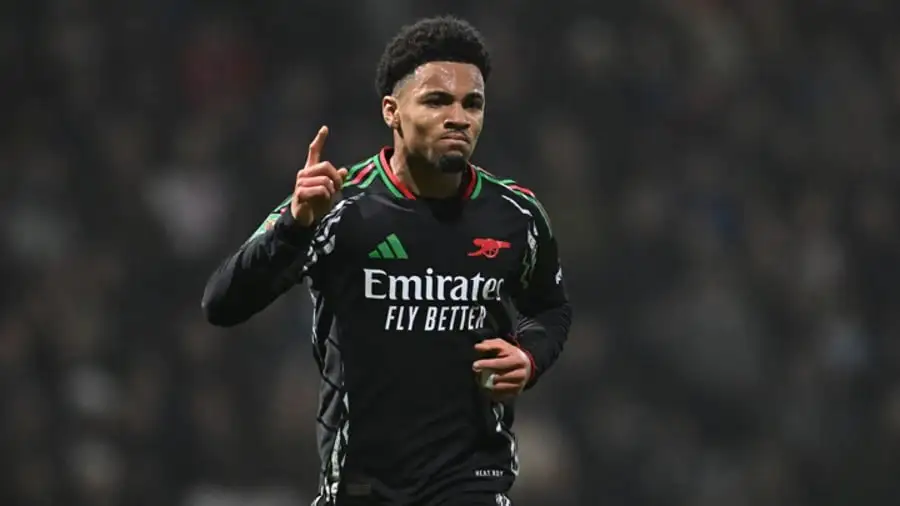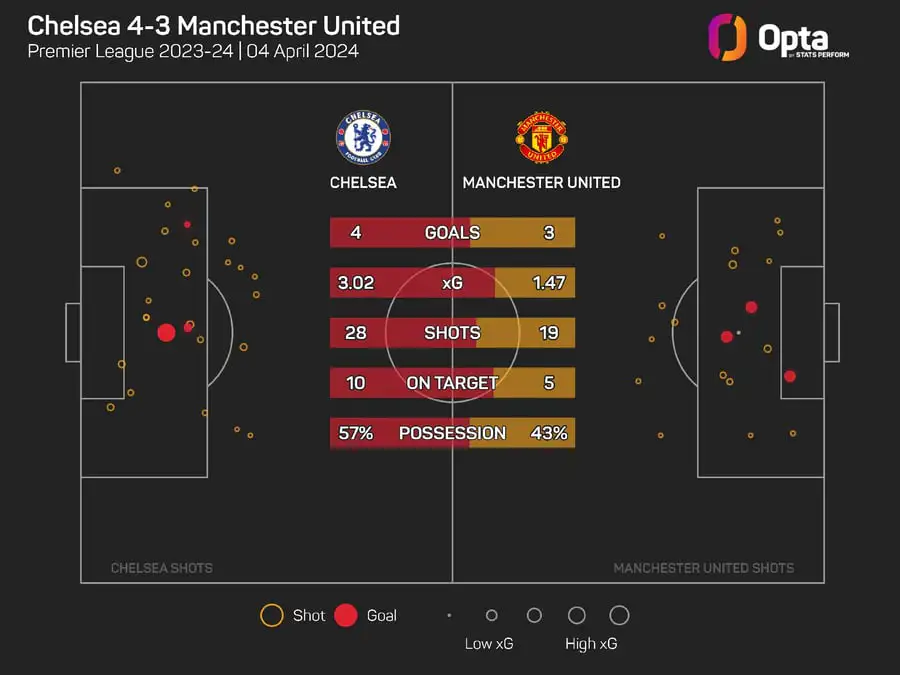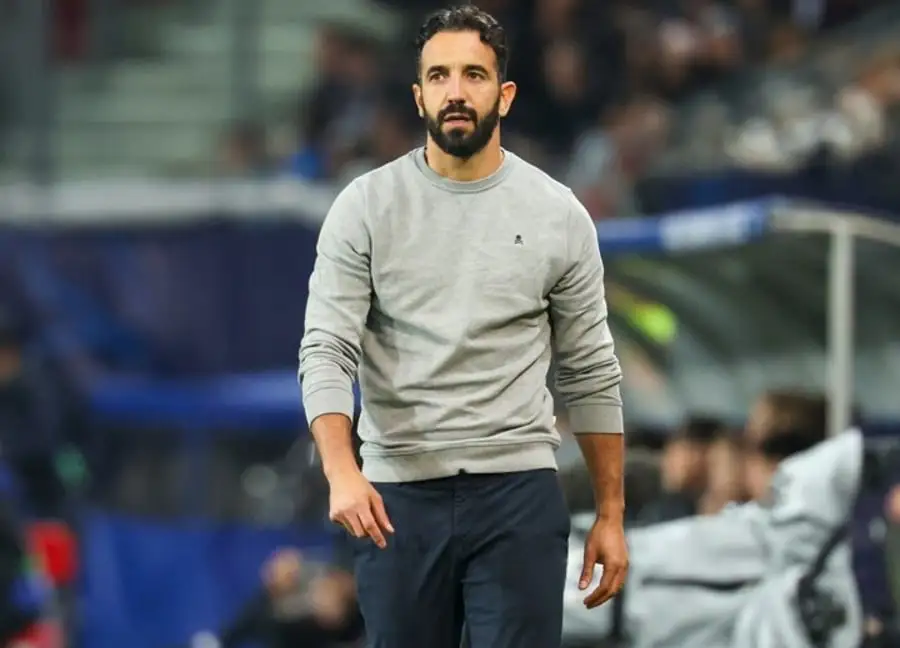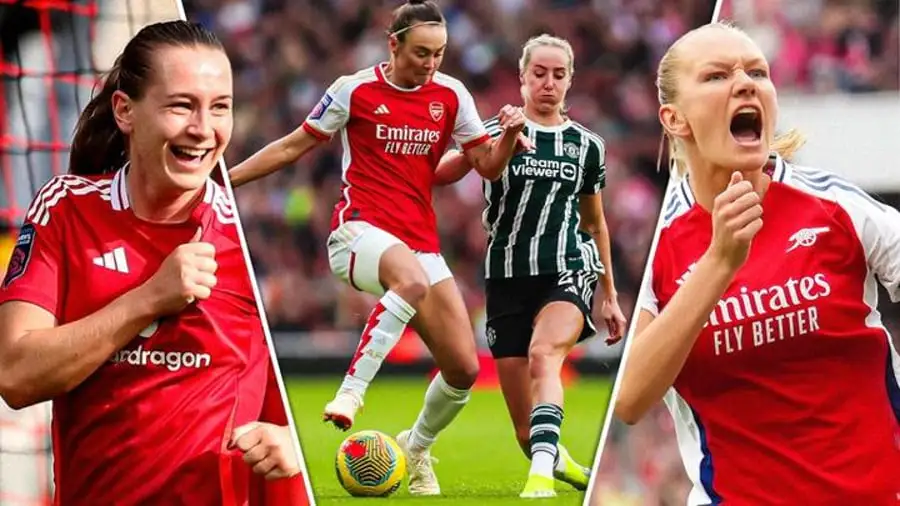
A year in football is a brief period, yet it can mark a significant transformation. Recall the same weekend last year when Arsenal made a formidable claim for the Women's Super League title, defeating the previously unbeaten Manchester City, even after failing to convert a penalty.
This victory ignited a winning streak of four matches, during which Arsenal netted a total of 16 goals, including an emphatic 4-1 victory over Chelsea, who would go on to become the champions. The team's momentum was palpable, and fans flocked to the Emirates to witness Arsenal setting new benchmarks.
Arsenal broke yet another attendance record against Emma Hayes' Chelsea, and the team exuded a clear message: 'Arsenal is back'. They quickly became the league's envy.
However, tougher times lay ahead. The initial optimism faded, and the confidence that once filled the stands began to ebb away after a string of lackluster performances, culminating in the departure of manager Jonas Eidevall.
The Swedish manager insisted that the team's performances were better than the results suggested, but in reality, Arsenal had lost their way and risked being left behind. Even with two wins since Eidevall's departure, confidence in N5 remains fragile.
The situation at Manchester United mirrored the frustrations felt throughout last year's tumultuous campaign. Marc Skinner's team had been "inflated by the success" of the previous season, and their standards slipped.
Many voices called for Skinner's departure following the team's underperformance. Though the calls grew louder, they never reached a peak as United finished fifth, salvaging their season by winning the FA Cup.
Now, a month into the 2024-25 season, it seems fortune has shifted. Manchester United are on an upward trajectory after an unbeaten start, joining Manchester City and Chelsea as one of three teams yet to taste defeat. The team has steadied and is sailing towards calmer waters, while Arsenal, now without a manager, desperately seek a clear path forward.
This weekend's match is timely—two teams on seemingly diverging paths meeting at this critical moment is significant. For Arsenal, it's an opportunity to prove that their recent struggles are not indicative of a broader, more concerning downturn.
And for Manchester United—who have only lost one of their last four home games against Arsenal in the WSL—an opportunity to demonstrate significant progress and solidify their position among the title contenders.
No statistic better encapsulates the situation than this: Arsenal has made a league-high 12 changes to their starting lineup this season as they search for form, while Manchester United has made the joint-fewest (3).
A stable team often signals harmony within the camp. And this, Skinner's
